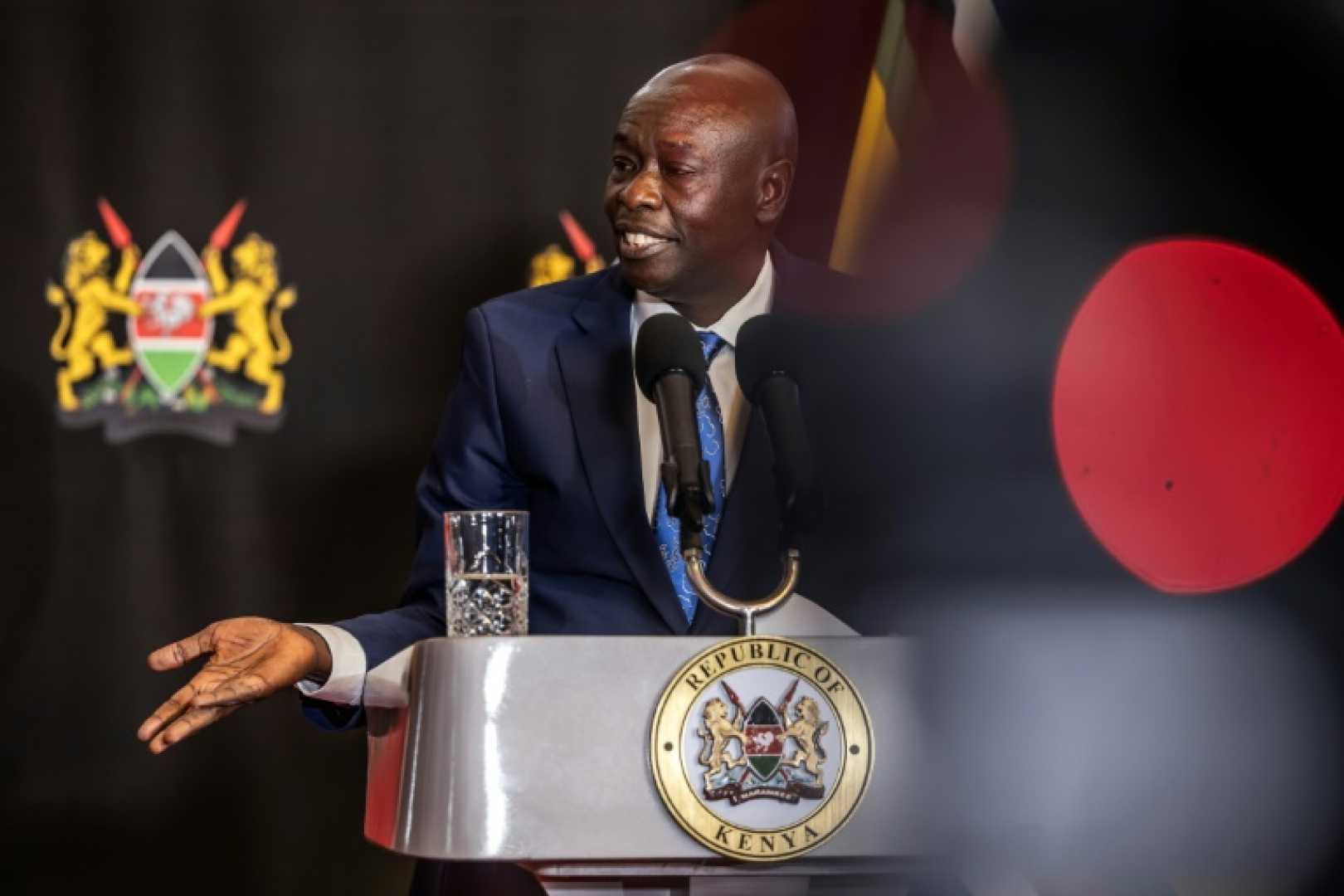News
Kenyan Deputy President Faces Impeachment Amid Corruption Allegations

Kenyan Members of Parliament (MPs) have voted overwhelmingly in favor of impeaching Deputy President Rigathi Gachagua due to accusations of corruption and practicing ethnically divisive politics. Speaker Moses Wetangula announced that 281 MPs adopted the 11-charge impeachment motion, compared to 44 who opposed it and one abstention.
The accusations against Mr. Gachagua include acquiring properties through illegal means, claims he firmly denies. He asserts that the properties, mainly houses and lands, belonged to his late brother’s estate. The political turbulence follows a rift with President William Ruto, highlighting tensions within Kenya’s administration.
This development has marked Mr. Gachagua as the first Kenyan Deputy President to be impeached by the National Assembly. The motion now progresses to the country’s Senate for a final decision on his ousting. The Deputy President has described the allegations as “outrageous” and “sheer propaganda.”
Tensions have been simmering in Kenya since June when demonstrations erupted over controversial tax hikes, which resulted in over 50 fatalities. The unrest led President Ruto to carry out a cabinet reshuffle, bringing in opposition members, a move perceived as an effort to stabilize his governance.
Security was notably tightened in Nairobi ahead of the vote, with police patrols visible and roads leading to parliament being restricted to the public. Local reports indicated that approximately 20 lawyers were hired to defend Mr. Gachagua against the impeachment charges.
Parliamentary documents referring to constitutional requirements noted that more than 200,000 public responses were collected, with 65% in favor of the impeachment and close to 34% opposing it. Despite the accusations and legal challenges, Mr. Gachagua expressed his determination “to fight to the end,” declaring his innocence and rejecting any notion of resignation.
Although President Ruto has not publicly commented on the impeachment motion, he previously mentioned he would not humiliate his Deputy. This political scenario adds to the historical tension between Kenya’s largest ethnic communities, the Kikuyu and the Kalenjin, to which Mr. Gachagua and President Ruto belong respectively. These groups were involved in ethnic violence following the 2007 elections, making the current proceedings highly sensitive.
The situation remains a focal point of concern for both the Kenyan government and its citizens, exacerbating existing public frustrations over economic challenges, including the rising cost of living.












